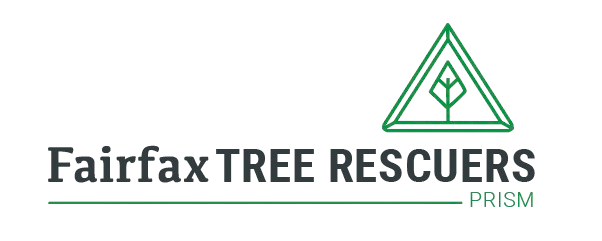Our Committees
Their roles and responsibilities
Our committees meet on Zoom as needed and welcome new members. Fairfax County is home to 1.4 million people and covers more than 400 square miles. Invasive plants respect no boundaries. We will only succeed if the whole community pitches in.
Please fill out our Interest Form if you would like to volunteer in any way.
Community Representatives Team
1+ for each community association or neighborhood
The ultimate goal of community representatives is to help rid their neighborhoods of at least the worst infestations of invasive plants and to expand biodiversity by encouraging the planting of natives.
Raise awareness in your community
Distribute information that we’ll email you periodically
Work with others to strategize about how to get the invasive plants under control in your local area.
Site VisitTeam
Site visit volunteers (at least a dozen)
Two-three volunteers per visit
Walk around with the decision-makers on community or commercial properties.
Identify invasive plants and discuss management options.
Create a report for them and for our records.
Follow up periodically to answer further questions and offer encouragement.
Site visit organizers (at least 2)
Match visit requests up with volunteers
Keep track of it all.
Survey Team
Survey volunteers (many, many)
•Help us map out some of the worst invasive plant problems.
Mapping software managers (at least 3)
Review each new submission by Plant NOVA Natives Tree Rescuers
Clarify boundaries of surveyed areas (and anything else that isn’t clear) with the submitter and add to the Google My Map..
Review each new submission. Clarify any questions with the submitter.
If necessary, edit data (or the whole submission, if needed)
Add tags and titles where needed.
Approve volunteers
Add volunteers to projects
Workforce Development Team
Trainers (many)
Arrange and conduct hands-on training events for volunteers on invasive plant ID and management.
Train new FCPA Tree Rescuers at their sites.
Trainers for landscape professionals (at least 4)
Help develop the certificate courses
Teach modules
Manage the paperwork
Area coordinators
2 for each larger area
Area Representatives help the community representatives collaborate and strategize about how to reach and assist all the landowners in the area where invasive plants are problematic. Specifically
Organize community representatives within an area
Have a meeting for them (virtually or otherwise) at least once a year
New Hampshire’s Picking our Battles document may give you some ideas.
Public Awareness Team
Social media
Content creators (at least 3)
Create and post series with nice graphics, at least one posting monthly
Create one-offs as needed
Site administrators (at least 2 for each platform)
Monitor replies and messages
Post announcements, news
Share Blue RIdge PRISM posts when timely
Writers
Newsletter article writers (at least 2)
Produce at least one article for each newsletter
Other article writers (at least 2)
Seek out publications that would accept other articles and obtain permission
Write and submit articles
Team update writers (1 for each team that needs this)
Work with team leaders to produce updates for their volunteers
Newsletter organizers (at least 2)
Solicit, collect, and organize material on Google Docs for newsletters for the general public, our voluteers, and specific subsets
Publish approximately monthly
Maintain contact list of people willing to share, and request they do so each time
Post on social media
Website managers (at least 3)
Use creative design to engage viewers
Keep it organized
Add new content when needed
Maintain the calendar and event sign-ups
Corporate Outreach Team
Recruiters for corporate engagement (at least 4)
•Work with the team on a strategy for approaching corporations to adopt parks to pay for invasive plant management.
•Reach out to the companies.
Grants Team
Grant writers (at least 2)
Seek grants to be given out as matching mini-grants for communities to control invasive plants
Manage the implementation paperwork
Mini-grant managers (at least 2)
Help develop mini-grant programs and work with the communities as they go through the process of applying, doing the work, and reporting so they can get reimbursed.

